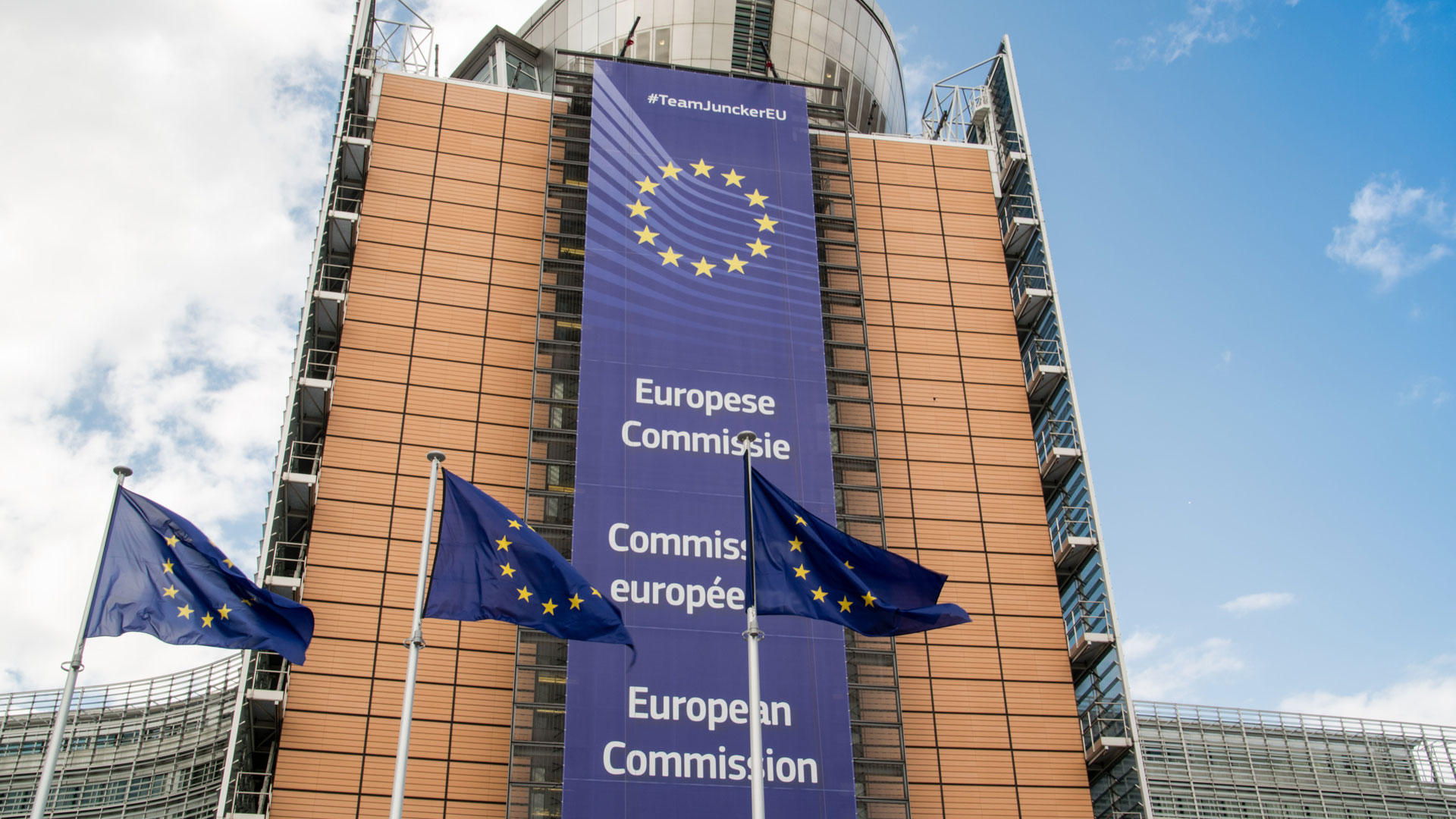The entire aviation industry has long been criticised for failing to engage more deeply with the climate change agenda. Before the pandemic crisis, airlines were regularly derided for carbon emissions and green campaigners were urging people to fly less. Over the past few years, airlines have made great strides in their commitment to reducing their CO2 emissions and targeting net zero emissions in a reduced timeframe. The industry as a whole is also seeking to increase the use of sustainable aviation fuel (SAF), which still needs continued investment in supply chain and infrastructure improvements. Recent government reports – from the UK and mainly the European Commission – have pushed for hydrogen to power future aircraft, which is the great hope for the industry but one that is still 20 years away at least.
The aviation industry is a carbon emitter but in recent years has worked to modernise the world fleet with more efficient technology aircraft and many companies are committed to reducing their emissions as whole businesses from their HQs to their supply chains. However, world governments and the EU in particularly are forging ahead with legislation that seeks to reduce emissions to meet their own targets on an accelerated timeframe. The airline industry has been working to help lawmakers realise the impact of planned legislation on their businesses at a time when they have been devastated by the pandemic crisis. However, a new report from InfluenceMap – an independent think tank that provides data and analysis on how business and finance are affecting the climate crisis – accuses the aviation industry of lobbying to weaken and delay climate regulation.
In a press release this morning introducing its report, InfluenceMap said: “New research shows the aviation sector has emerged as one of the strongest opponents of climate policy in Europe. While many industrial sectors are in the process of transformation in response to the EU’s strengthened climate agenda, the aviation sector has instead pursued a lobbying strategy to avoid effective regulation. The research further shows that many airlines have initiated extensive, climate-focused PR campaigns to deflect growing concern from governments and the public over the sector’s climate footprint. At the same time, the ten airlines covered by the study have accepted around €30bn in government bailouts since the beginning of the Covid-19 crisis.”
The reports states that its research highlights a threat to the EU’s climate targets if the aviation sector’s emissions are allowed to grow at pre-COVID-19 trajectories, with European GHG emissions from aviation more than doubling from 1990-2018. It says that this is significant given the EU Commission will announce its key policies to decarbonise aviation as part of the European Green Deal in July 2021.
InfluenceMap’s research covers the 10 largest European airline companies by GHG emissions, along with Airbus and Boeing, International Air Transport Association and Airlines for Europe. Lufthansa, AirFrance-KLM, IAG and Ryanair are accused of leading “negative climate lobbying efforts” with IATA and A4E.
“Collectively, these entities have actively opposed key national and EU aviation climate policies including the full inclusion of aviation in the EU Emissions Trading System, kerosene fuel taxes, and ticket taxes on flights,” says InfluenceMap.
“The aviation sector has communicated high-level support for net-zero EU aviation emissions by 2050 while opposing national and EU-level climate regulation to help deliver that target in,” said InfluenceMap.
Click here to access the full report.
The reaction of the airlines in question centres on their desire for a global level playing field for all airlines in terms of carbon-related taxes, which as planned would seem to disproportionately impact European airline companies and in some cases just shift the problem elsewhere or even increase emissions – such as any higher taxes on aviation fuel in Europe would lead to airlines filling up tanks elsewhere and fly heavier planes to save costs. The EU Emissions Trading System has long been a contentious issue for airlines seeking a level playing field, which has become even more pronounced as the cost of purchasing additional carbon credit allowances has doubled from pre-pandemic prices.
In a statement to the Financial Times, the industry’s A4E group said the documents “fail to reflect the collective actions and investments made by European airlines to address climate change”. European airlines’ targets were “in line with” the Paris agreement of limiting global warming to 1.5C above pre industrial levels, it added.
IATA said that it recognised that climate change was “existential” for aviation and pointed to its longstanding sustainability efforts. “But as aviation’s climate change impact needs a global solution, we must object to misguided regional policy measures that could do harm and produce no good.”

